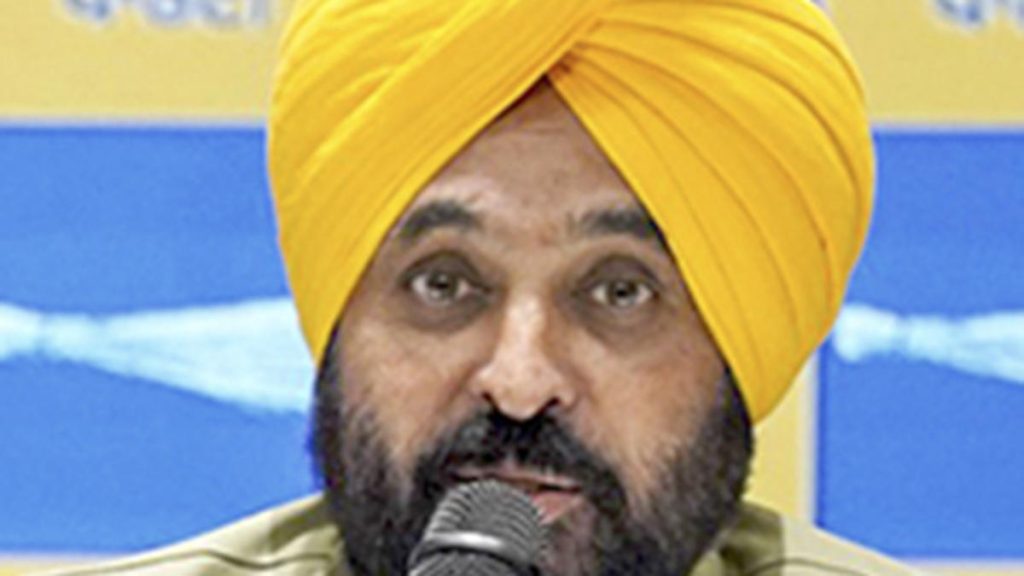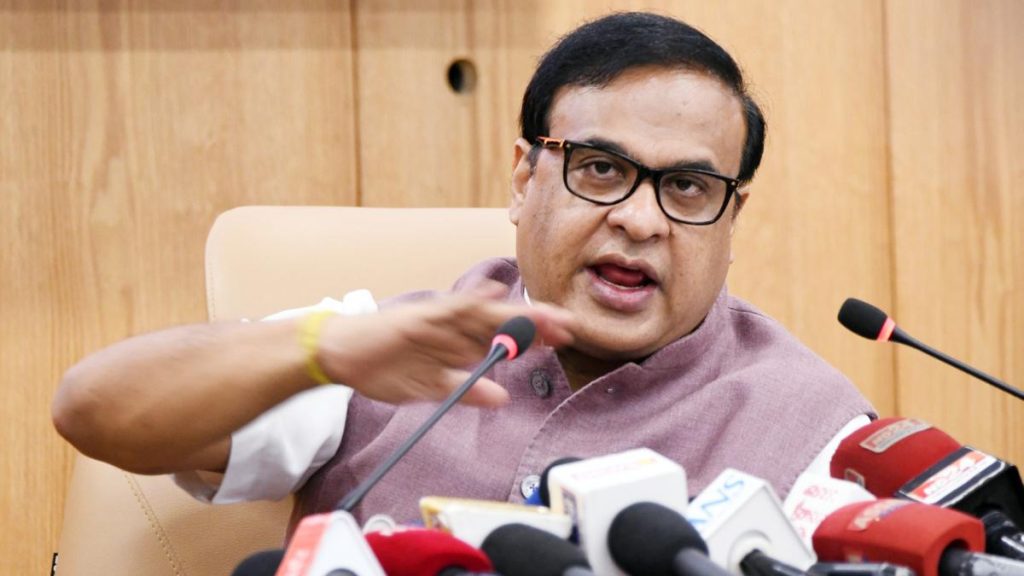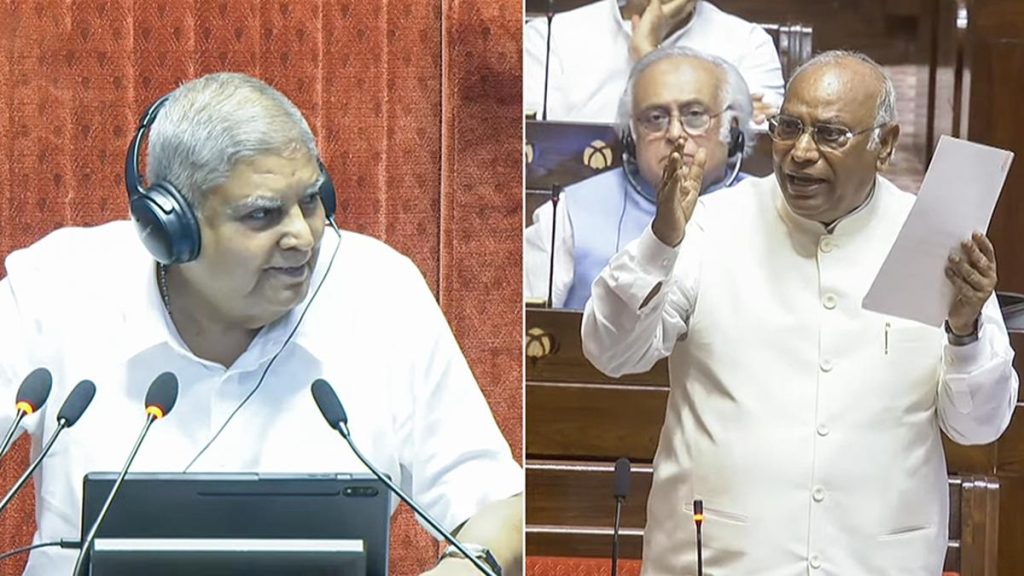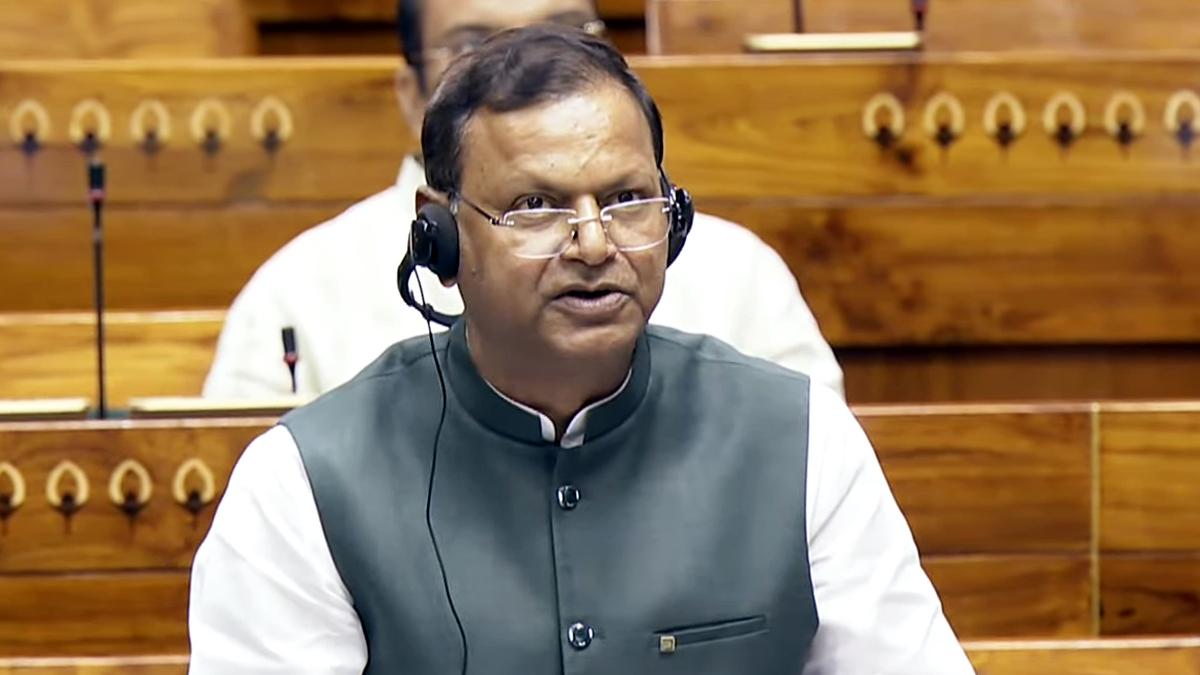Now Reading: J&K Constable Granted ₹50 Lakh Compensation for Custodial Torture; CBI to Investigate
-
01
J&K Constable Granted ₹50 Lakh Compensation for Custodial Torture; CBI to Investigate
J&K Constable Granted ₹50 Lakh Compensation for Custodial Torture; CBI to Investigate
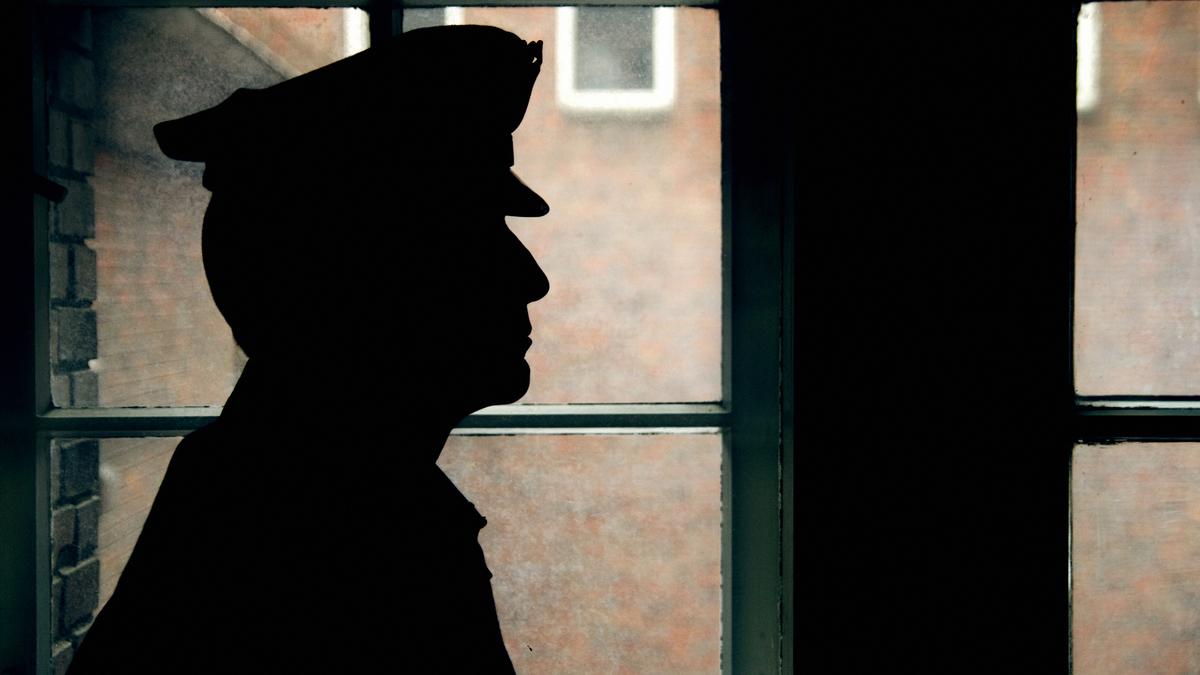
Rapid Summary
- Supreme Court Ruling: On July 21, 2025, the Supreme Court directed the Central Bureau of Investigation (CBI) to take over the probe into custodial torture of Jammu and Kashmir Police constable Khursheed Ahmad Chohan, who suffered genital mutilation at the hands of his colleagues.
- Compensation: The Jammu and Kashmir government was ordered to pay Chohan ₹50 lakh for life-debilitating injuries.
- Background: The incident occurred on February 17, 2023; Chohan was summoned by police officers regarding a narcotics issue and later tortured in custody. His wife’s appeals to register a case were initially ignored before an FIR was filed against him instead.
- Supreme Court Intervention: After a failed appeal with the State High Court, which assigned investigation duties improperly back to implicated officials, Chohan approached the Supreme Court. The apex court quashed arguments that injuries were self-inflicted during an alleged suicide attempt.
- Judgment Highlights: Justice Sandeep Mehta cited “barbaric police atrocity,” rejected claims from authorities defending their actions as “institutional malice,” confirmed implausibility of self-inflicted injuries through medical evidence, and described procedural violations as indicative of systematic abuse.
Images:
!80/Torture.jpg”>Image
!Image
Indian Opinion Analysis
The Supreme Court’s judgment marks a pivotal moment in confronting custodial violence in India. By transferring the investigation to CBI and awarding extensive compensation for proven brutality against Khursheed Ahmad Chohan, it underscores accountability within law enforcement institutions.Importantly, rejecting fabricated claims about suicide attempts highlights reliance on factual evidence over institutional narratives.
This case calls attention to systemic failures in addressing abuses within lower-tier judiciary mechanisms like state courts that failed both investigative integrity and victim protection protocols-a lapse now revisited under constitutional safeguards at the national level. The ₹50 lakh compensation suggests recognition that such actions have profound human rights implications transcending monetary remedies.
Future implications may include deterrence against misuse of authority within police forces across India while reinforcing judicial activism when local bodies falter. Ensuring autonomous investigations for cases involving state actors could set precedent toward strengthening institutional impartiality nationwide.
Read more: The Hindu article



